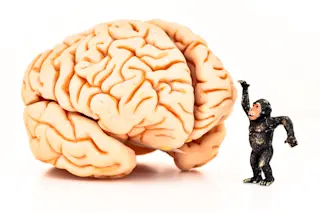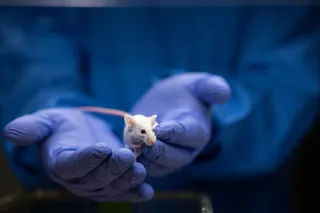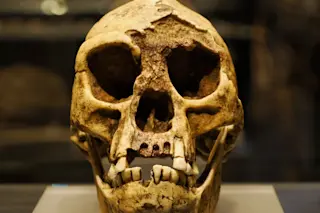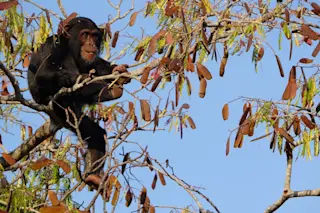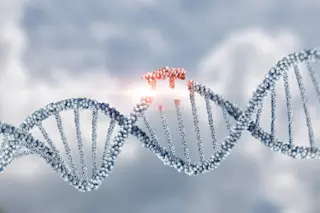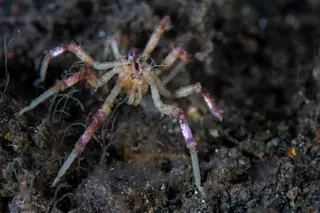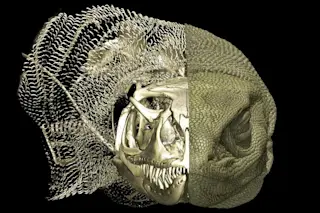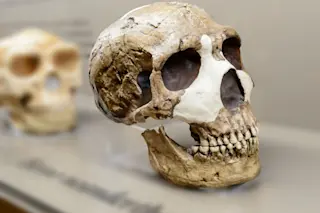Up until roughly 550 million years ago, animals didn’t have large, sophisticated brains like the ones we see in various species today. From our perspective as humans, it’s easy to assume that brains evolved for thinking.
People often assume that evolution has progressed in an upward trajectory, from simple organisms to more complex ones. Because humans have such sizable brains (more specifically, our intelligence relates to the brain-to-body mass and cerebral cortex ratios), one might assume that we’re the most evolved. We have defined our animal kingdom superiority in terms of our smarts and our ability to think rationally. If we are supposedly at the pinnacle of evolution, then our brains must have evolved for thinking, right?
In reality, the content between our two ears may have transformed for far more rudimentary reasons. Neuroscientist and psychologist Lisa Feldman Barrett, director of the Interdisciplinary Affective Science Laboratory at Northeastern University, has ...



